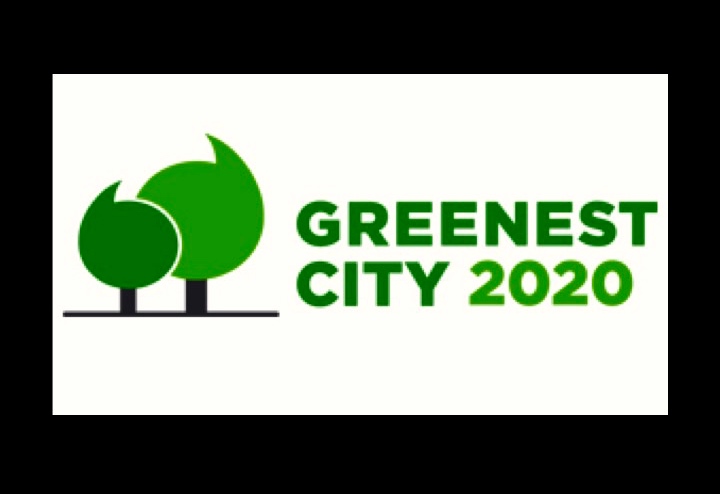Vancouver Approves EV Ecosystem Strategy

November 22, 2016
Vancouver City Council has approved an electric vehicle ecosystem strategy, which builds on a foundation the city has built over the past 10 years to support electric vehicles through infrastructure deployment and other complementary policies.
The strategy, which has a $3 million budget, aims to create flexible options for charging vehicles in support of a goal of 100% renewable transportation before 2050.
Home charging for personal vehicles is the strategy’s long-term goal. In the interim, providing neighbourhood-level fast-charging hubs will enable people without home charging to integrate charging seamlessly into their lifestyle.
There are over 3,000 electric vehicles in Metro Vancouver. By 2050, Vancouver expects about 300,000 electric vehicles to be registered in the city. Sales are growing steadily, with about 70% growth year-over-year since 2011.
Electric vehicles in BC emit almost no greenhouse gases because BC’s electrical grid is at least 93% renewable. The province has committed to ensuring the grid is powered by 100% clean energy by 2025. By comparison, fossil-fuelled vehicles contributed to about 41% of Vancouver’s greenhouse gas emissions in 2015.
The strategy supports Vancouver’s goal of becoming the world’s greenest city by 2020 and the city’s commitment to derive all of Vancouver’s energy from renewable sources before 2050.











![Guide to the Canadian Electrical Code, Part 1[i], 26th Edition– A Road Map: Section 56](https://electricalindustry.ca/wp-content/uploads/2022/11/Guide-CE-Code-2.png)



